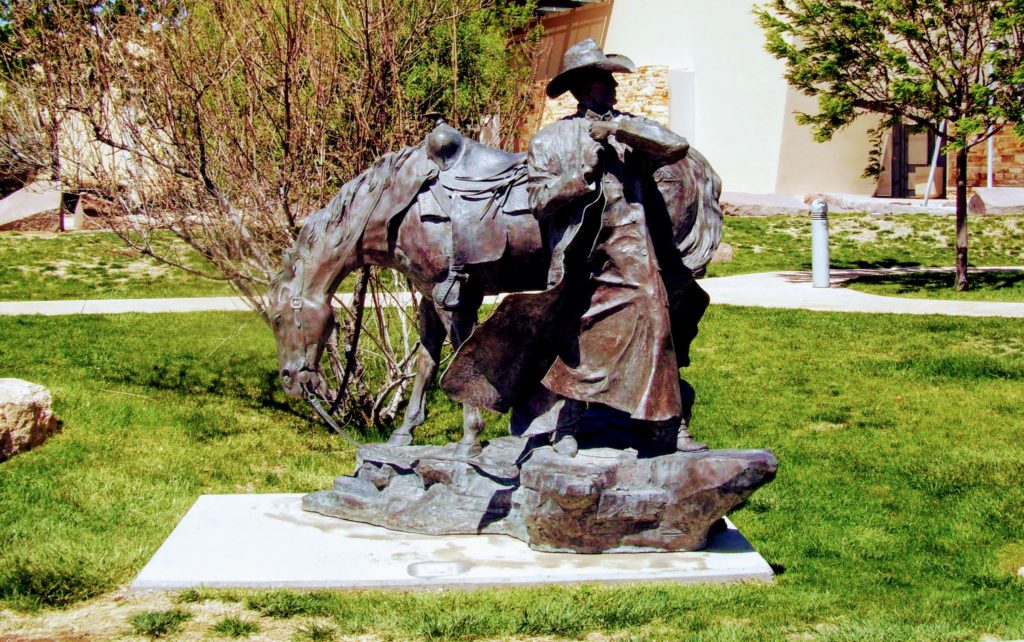
Just one of the shepherds
Amos 1: The Message of Amos, one of the shepherds of Tekoa.
Aside from the few words of introduction found in the opening of his writings, we know nothing of Amos. He isn’t a member of the royal family or priesthood and he doesn’t have any famous relatives. He describes himself as “one of the shepherds” of an unimportant town. Amos numbers himself with the poor and unprivileged people of his society. That standing flavors his entire ministry. When he speaks of poor people being mistreated he does so as one who has experienced that mistreatment. In about 40 years Israel will fall, rejected by God and defeated by her enemies. One of the reasons for that fall is that God’s people have separated themselves from the compassion of God to their poor. The book of Amos is an important book for people of all periods of history because, as Jesus said, “the poor you will always have among you.” How does God expect a prosperous nation to treat its poor? How does he expect we who live in comfortable, secure homes to treat those in our community who live in want? Finally, what if we fail at this point? Amos gives us a first-hand response to these questions.
Take Away: As a people of the Lord we can never separate ourselves from his compassion on the poor.
Tag: poor
Devotional on Zechariah

God’s priority list
Zechariah 7: The message hasn’t changed.
The question asked concerning the day of fasting in memory of the destruction of Jerusalem opens the way for the Lord to restate what he requires of his people. Through Zechariah the Lord reminds them that his requirements are unchanged. He isn’t very interested in their traditions but he’s very interested in how they treat one another. He’s always called for them to love their neighbors and be compassionate in their dealings with one another. Also, the Lord still has a special concern for widows, orphans, outsiders, and the poor. If these Jews want to please the Lord, they’ll focus on these things more and on their traditions less. Zechariah goes on to describe how, when their ancestors ignored these things that the Lord became angry with them and scattered them throughout the world. Is it possible that we spend too much time worrying about doing church properly and too little time pursuing the things the Lord lists here? When all is said and done, is the Lord more interested in how capably I can do church than he is in how I treat the poor? This passage ought to serve as a compass for all who consider themselves to be a people of God. Here we find a description of how God’s people ought to live.
Take Away: When all is said and done, the Lord is more interested in how we treat others than in how we do church.
